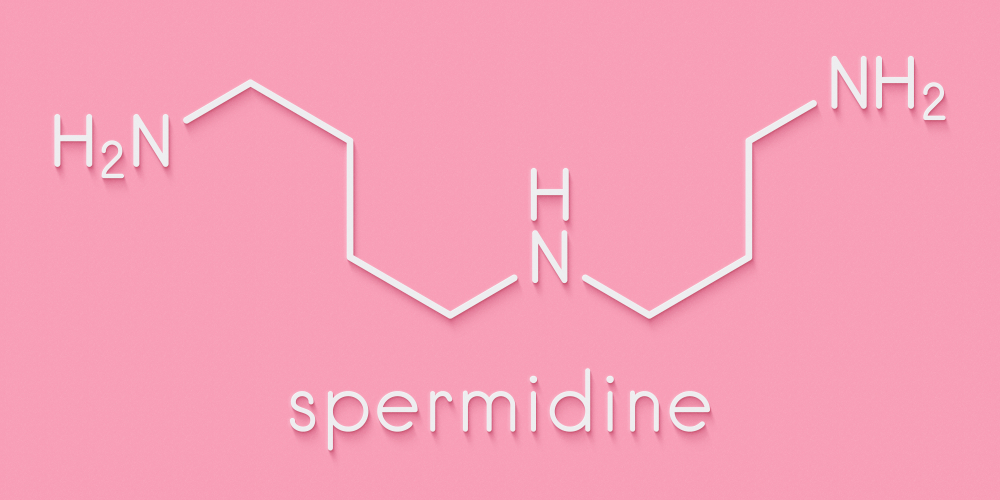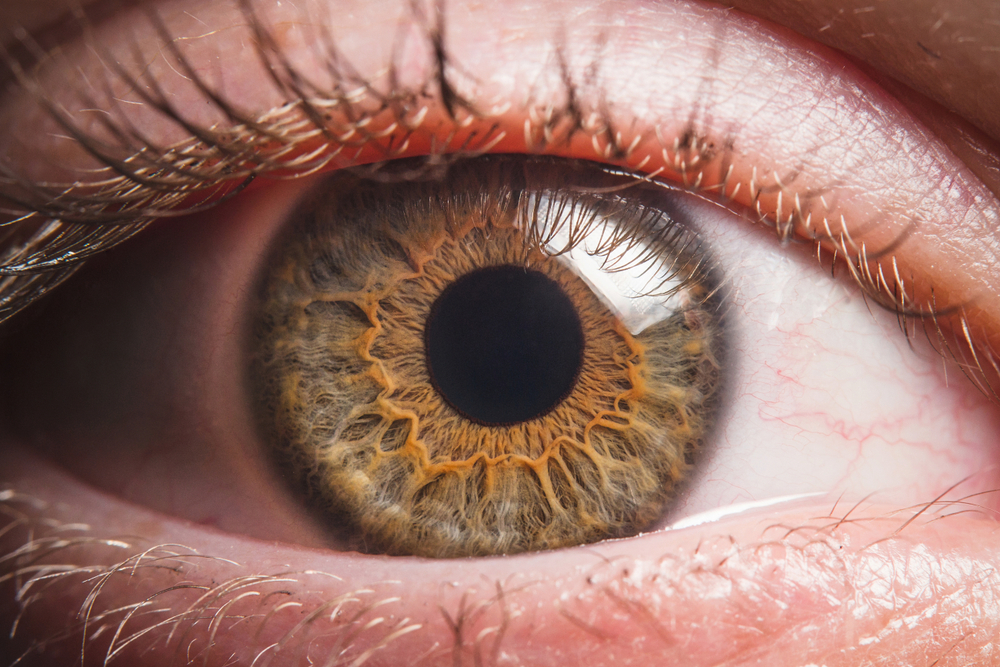
Hope for Diabetes sufferers: Scientists discover cells in the pancreas that could be manipulated into producing insulin.
January 17th, 2019A new strategy for treating Type 1 Diabetes could represent a new therapeutic approach to restore the function of the beta cells in the pancreas that are impacted and destroyed by the immune system in those who suffer with this disease. This strategy could also help to overcome any more destruction of cells that produce insulin.
Study published by the University of Pittsburgh School of Medicine
This study, which has seen scientists treating mice that have Type 1 Diabetes, has seen them using an adeno-associated virus to transfer genetic material that takes over the job of the beta cells that have stopped working. This induces pancreatic cells not normally responsible for manufacturing the protein into doing so. Initially, it was not believed this would work as researchers thought that inflammation would wipe out these engineered cells, however the results were surprising.
The study’s co-author George Gittes, a physician scientist at the Children’s hospital of Pittsburgh stated that, “Type 1 Diabetes is an autoimmune disease where the body is reacting to the insulin-producing cells and killing them off and we don’t really know why.” He also said, “If you gave patients new insulin cells with a transplant, it will kill them off. If we use gene therapy to get the body to make new insulin-producing cells in the body, logically it should attack those cells too.”
Gittes and his research team created an adeno-associated virus to transfer genetic material that would direct alpha cells in the pancreas to produce insulin, which is usually the job of the beta cells. The next step delivered the virus directly to the pancreas of mouse models of type 1 diabetes.
Reports presented that the animals blood glucose levels stayed at normal levels until the engineered cells were wiped out months later. The next step in this research is to develop a strategy in non-human primates that can be brought to clinical trials, something scientists are working on.
Further Reading:
Endogenous reprogramming of alpha cells into beta cells, induced by viral gene therapy, reverses autoimmune diabetes: Published January 4, 2018: https://www.cell.com/cell-stem-cell/fulltext/S1934-5909(17)30472-1?_returnURL=https%3A%2F%2Flinkinghub.elsevier.com%2Fretrieve%2Fpii%2FS1934590917304721%3Fshowall%3Dtrue








